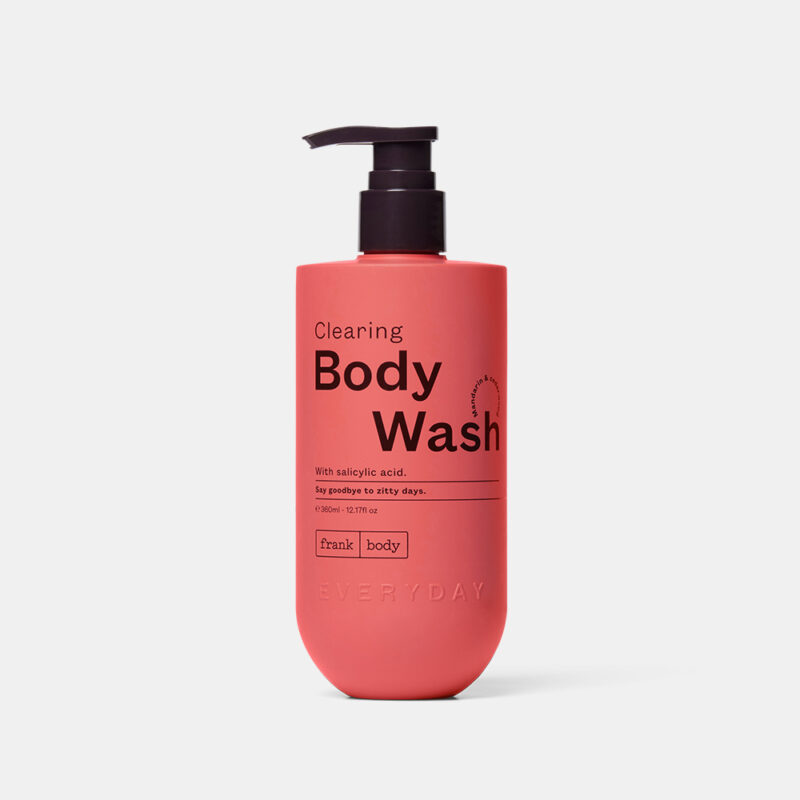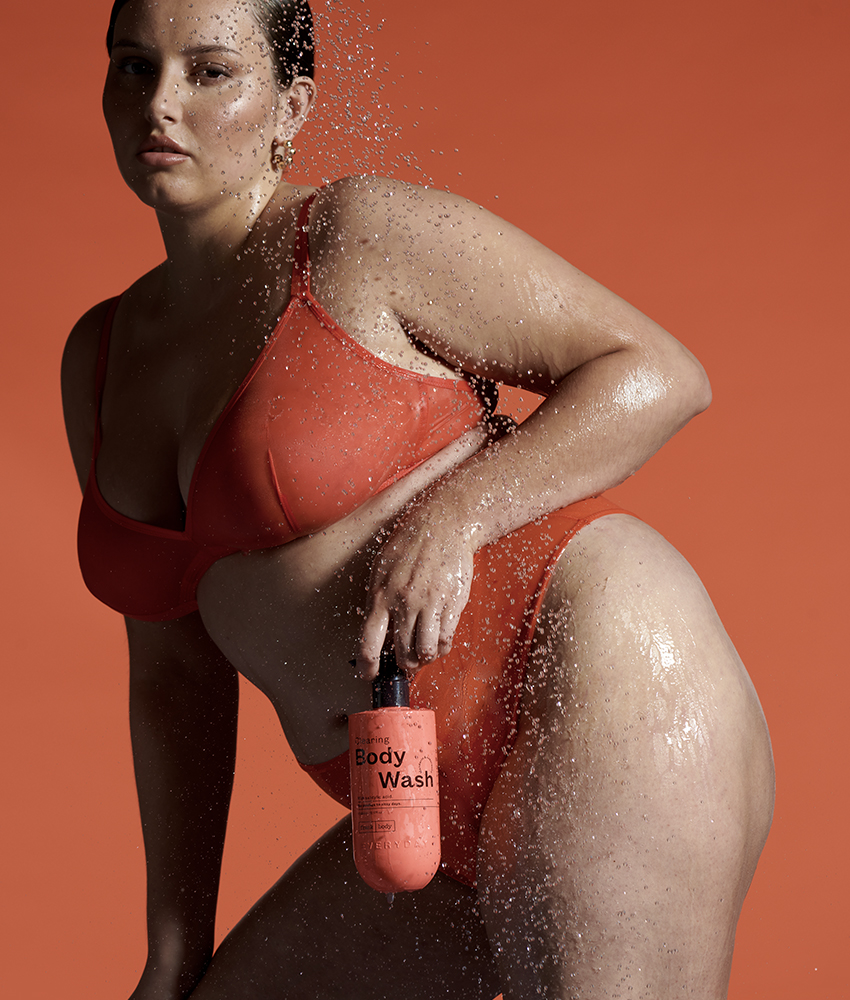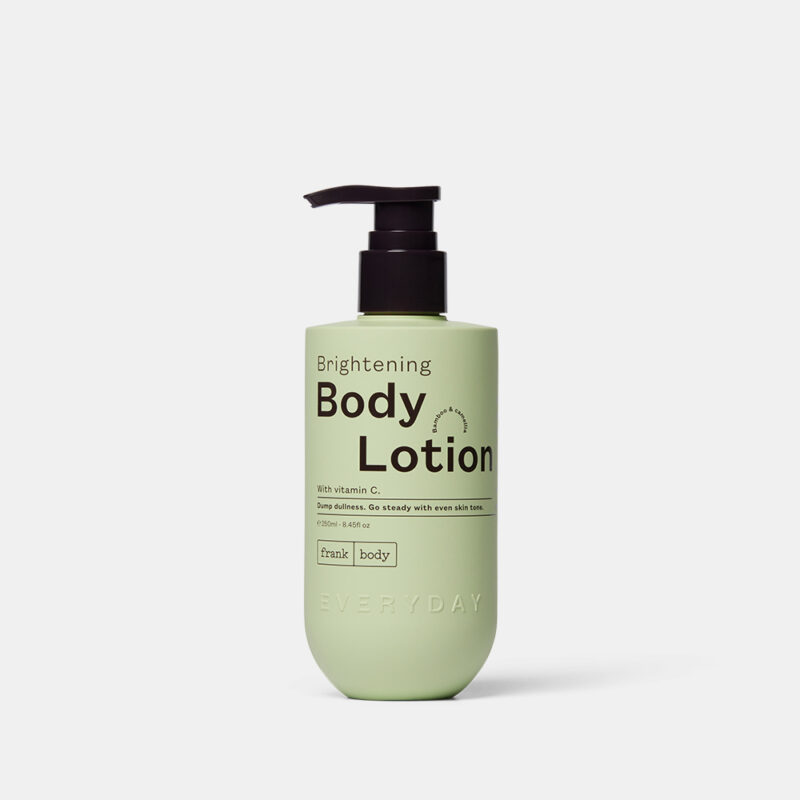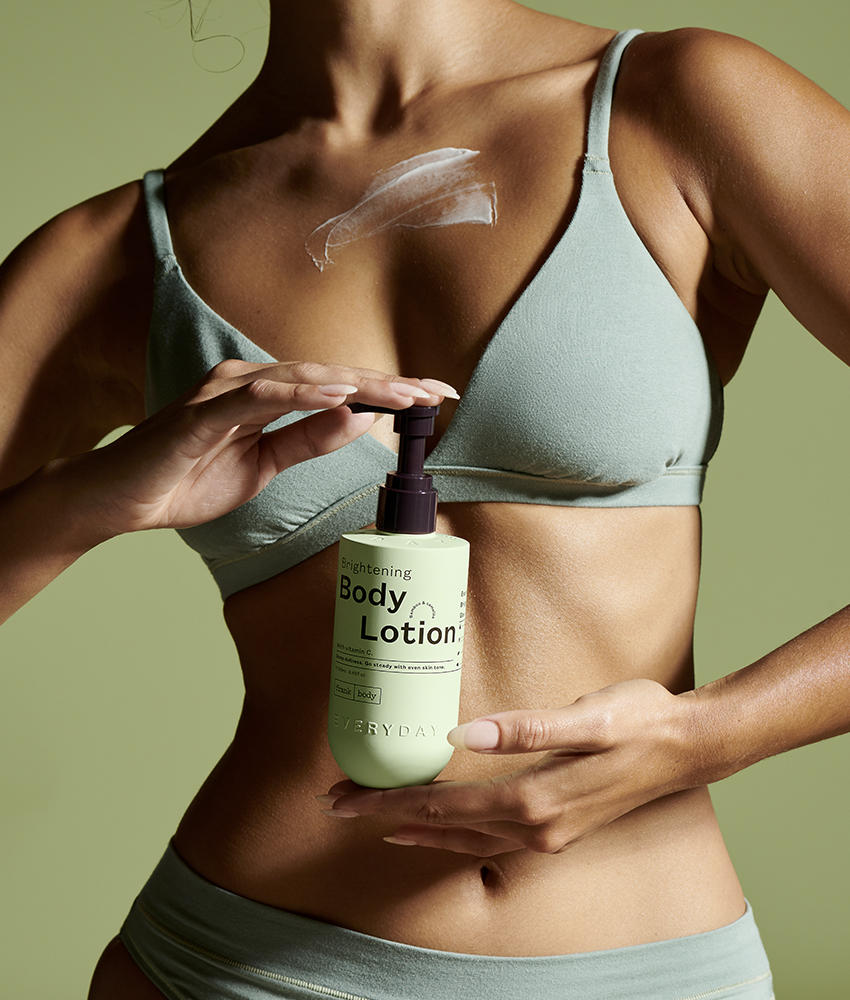I’m known for helping you get dirty, but at heart, I’m a clean-cut kind of guy. Specifically when it comes to my ingredients.
What is clean skincare?
Clean skincare means products that are proven safe for skin, are cruelty-free, and are environmentally friendly. They take human and environmental health into account during their creation and production, and leave the world (and your skin) better than they found it. Obviously, I’m into that.
What’s the difference between clean ingredients and natural ingredients?
The term ‘clean’ in skincare is used interchangeably with the label ‘non-toxic’. Where natural skincare focuses on what’s in the formula, clean skincare focuses on what’s not in the product, as well as the environmental impact of the product.
The 411 on natural ingredients in skincare.
Natural ingredients sound lovely (and they are) but don’t automatically equal better.
Some natural ingredients are winners, like vitamin c rich Kakadu plum, found in my Everyday Brightening range, or the natural and sustainable squalane in my Everyday Nourishing range. Some are… not so great, like lemon juice, found in none of my ranges, because I don’t want to irritate and burn your skin. I’m nice like that.
Synthetic ingredients you can trust.
Sure, some synthetic ingredients are bigger red flags than your ex. But some of our favourite things are made in labs, like cruelty free diamonds, or Chris Evan’s abs in Captain America.
Synthetic no-nos for me are things like parabens, which are a synthetic group of preservatives. Studies suggest that parabens could disrupt hormones, cause skin irritation, and harm fertility. Hard pass, thanks. Some synthetics I can get behind though, like my beloved salicylic acid, which helps unclog pores in my Everyday Clearing range, or my happy hydrator, hyaluronic acid in my—you guessed it—Everyday Hydrating range.
Worst of both worlds.
Some ingredients can be derived both synthetically or naturally, such as sodium lauryl sulphate (SLS) and sodium laureth sulphate (SLES). These sulphate-based chemicals help create lather, which gives the impression of cleaning power, but actually does more harm to the environment than it does good for your skin.
SLS and SLES can be made naturally from plant sources such as controversial palm oil, or synthetically extracted from nonrenewable petroleum sources. I know I can look after your skin without destroying rainforests or slathering you in petrol, so I don’t let sulphates anywhere near my skincare, or your face and bod.
The TL;DR.
Not all synthetic ingredients are bad, just like not all natural ingredients are good. My whole deal is I know which ingredients are helpful or harmful, and don’t discriminate based on where they come from. I’m a loving guy like that.
Basically:
- I make sure my products are made without 20 common killjoy ingredients that could work against your skin, not for it. You won’t find any PEGs, parabens or sulphates hiding in my stuff.
- I only use safe synthetics AKA stuff that’s been confirmed non-toxic and safe for skin by someone in a white coat with several degrees.
- My products are never ever tested on animals. I don’t test products or ingredients on animals, and neither do any of my suppliers, third parties, or dates.
- You only get the best of the best in every bottle, tub, tube, and pouch. Happy skin, happy earth.
If you want to have some good clean (ingredient) fun, my entire Everyday Range is clean skincare. And I’d hate to brag, but the bottles are also made of 50% PCR packaging, and sourced from Australia. Okay, I’m bragging a little.




